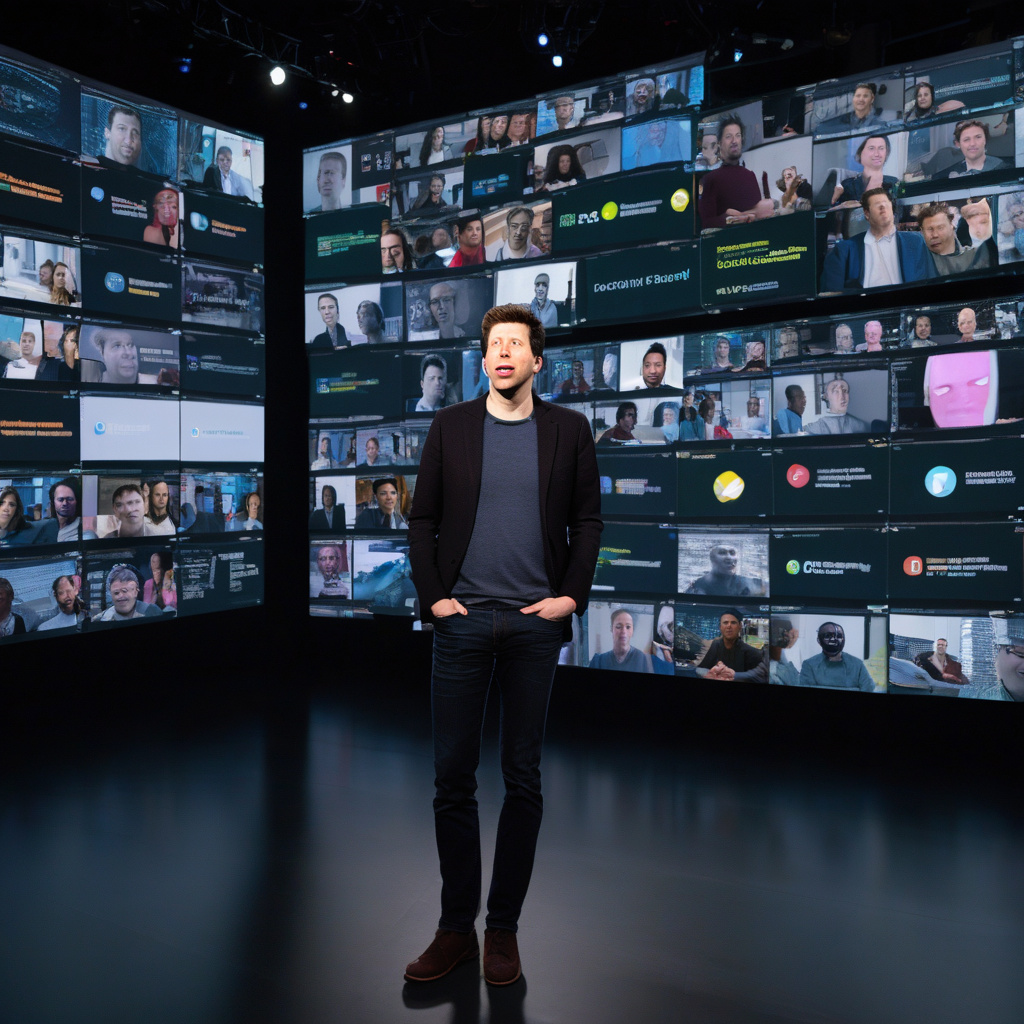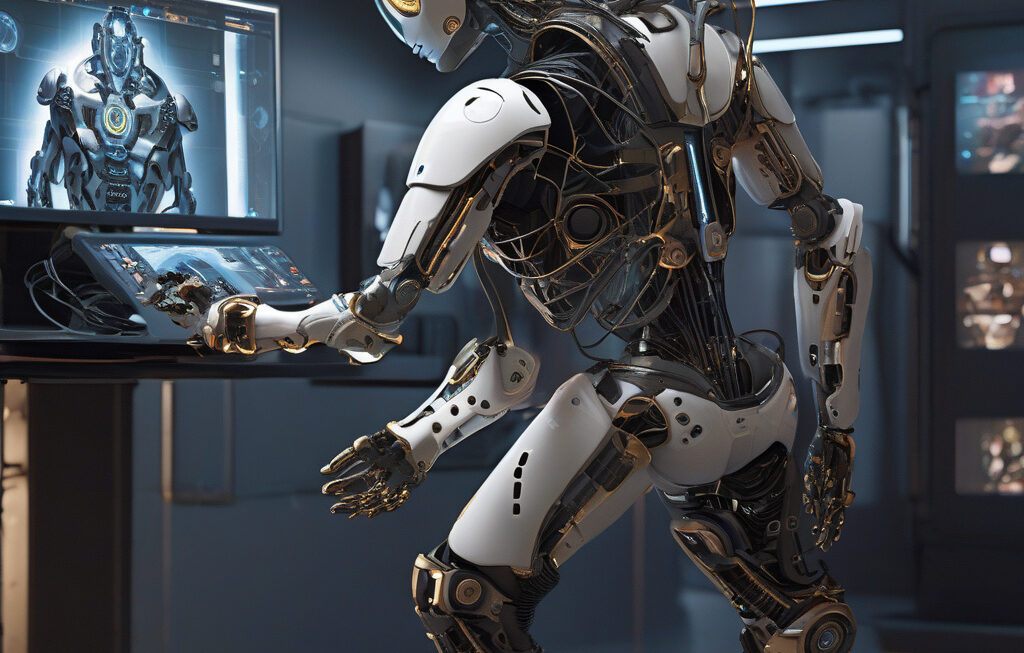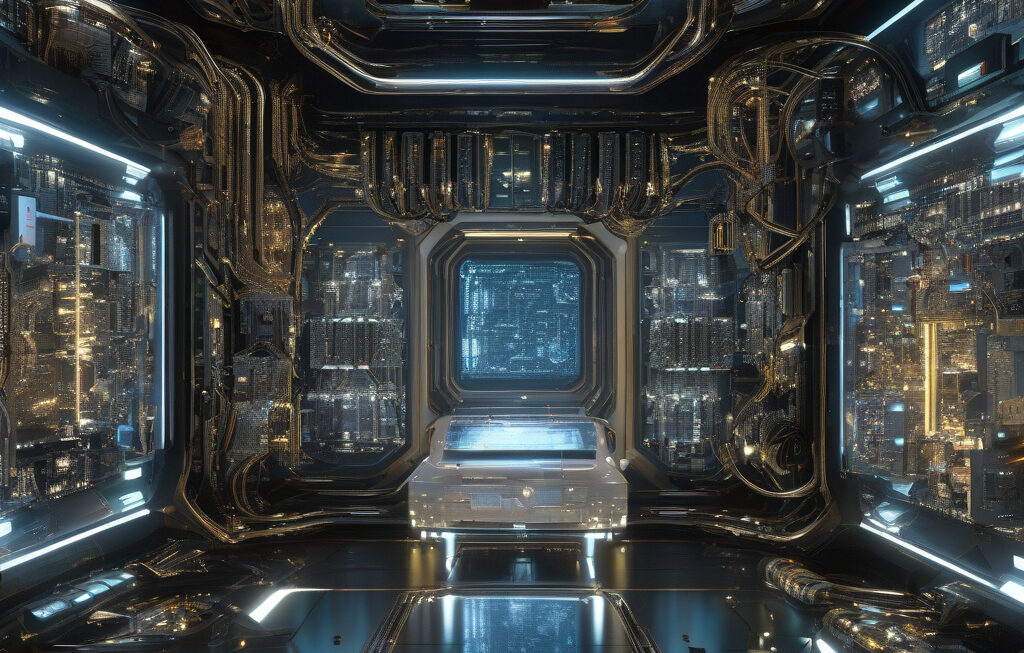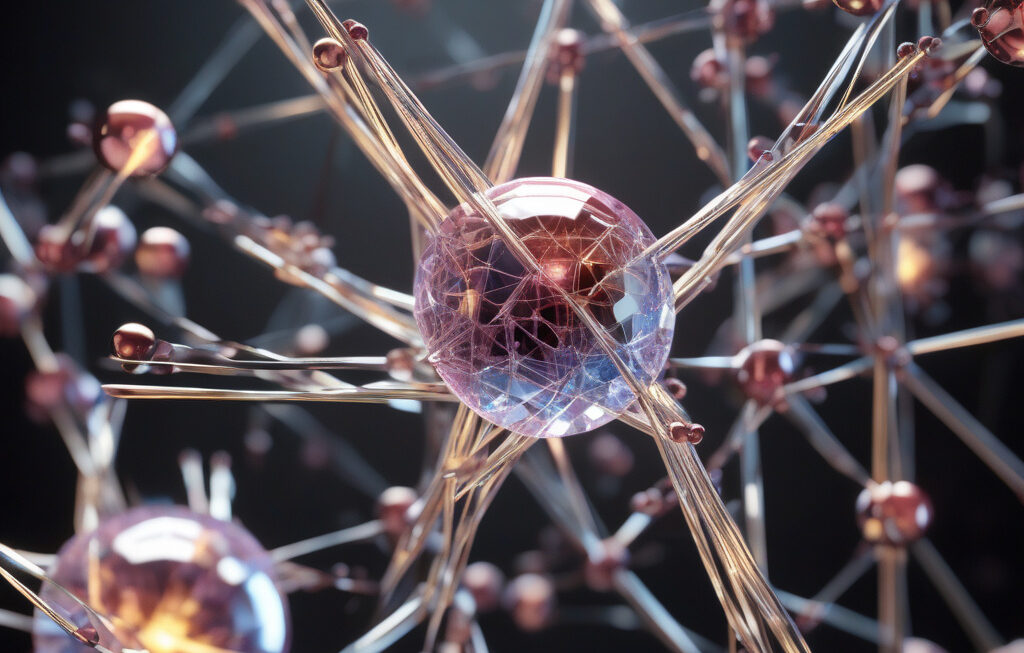The Dead Internet Theory Revisited: Sam Altman Sparks Debate on AI Bots
In the realm of technology and artificial intelligence, theories often come and go, gaining traction before fading into obscurity. One such theory that has recently resurfaced is the Dead Internet Theory, which posits that the overwhelming presence of AI bots and automated content generation will eventually drown out authentic human voices online. While many experts have long dismissed this theory as alarmist or far-fetched, the remarks made by OpenAI boss Sam Altman have reignited the debate, prompting a fresh examination of the delicate balance between real and artificial voices in the digital landscape.
Altman, a prominent figure in the tech industry known for his work in artificial intelligence and entrepreneurship, recently made waves with his observations about the increasing prevalence of AI bots in online spaces. In a series of interviews and social media posts, Altman expressed concerns about the potential implications of widespread bot activity, particularly in the realm of social media and content creation. According to Altman, the rise of AI bots poses a significant threat to the authenticity of online discourse, as these automated entities have the capacity to mimic human behavior and flood the internet with algorithmically generated content.
While Altman’s comments have sparked a range of reactions from experts and enthusiasts alike, one thing is clear: the issue of AI bots and their impact on the digital landscape is more relevant than ever. As algorithms become increasingly sophisticated and capable of emulating human communication patterns, the line between real and artificial voices online continues to blur. This raises important questions about the future of online interactions, the credibility of digital content, and the overall integrity of the information ecosystem.
Proponents of the Dead Internet Theory argue that the unchecked proliferation of AI bots could lead to a scenario where genuine human voices are drowned out by a sea of algorithmically generated noise. They warn of a digital landscape devoid of authenticity, where meaningful connections are replaced by automated interactions and genuine discourse gives way to scripted exchanges. In this vision of the future, the internet becomes a sterile and artificial environment, devoid of the richness and diversity that human voices bring to the table.
On the other side of the debate, skeptics of the Dead Internet Theory point to the resilience of human creativity and ingenuity in the face of technological advancements. They argue that while AI bots may be capable of mimicking certain aspects of human communication, they can never truly replicate the depth and nuance of genuine human expression. According to this perspective, the rise of AI bots may actually serve to highlight the unique value of authentic human voices, prompting a renewed appreciation for the qualities that set us apart from our algorithmic counterparts.
As the debate over the Dead Internet Theory continues to unfold, one thing is certain: the relationship between real and artificial voices in the digital sphere is a complex and multifaceted issue that defies easy solutions. Finding a balance between human creativity and technological innovation will require thoughtful consideration, robust debate, and a willingness to confront the challenges posed by an increasingly AI-driven world. Whether the future of the internet is dominated by bots or bolstered by human ingenuity remains to be seen, but one thing is clear: the conversation is far from over.
In the end, the true test of the Dead Internet Theory lies not in the capabilities of AI bots or the predictions of experts, but in our collective ability to shape the digital landscape in a way that reflects our values, aspirations, and humanity. As we navigate the ever-evolving terrain of technology and artificial intelligence, the question of how we preserve and amplify authentic human voices online will remain a pressing and pertinent concern for years to come.
Sam Altman, AI bots, Dead Internet Theory, digital landscape, authenticity












